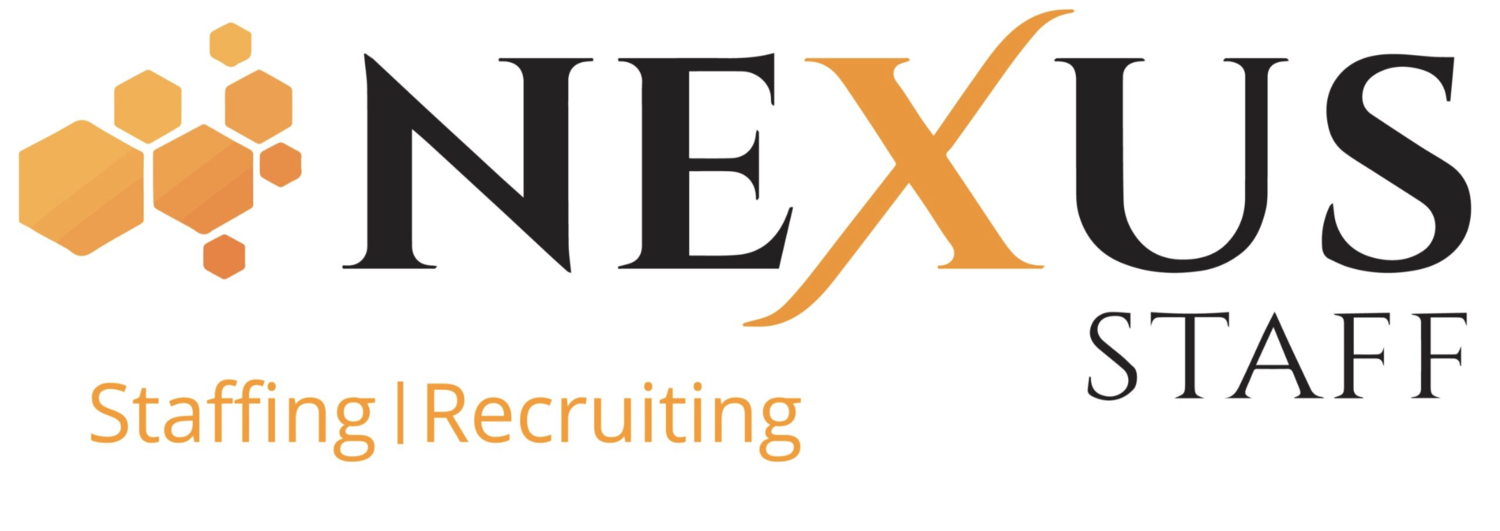A Guide To Virtual Interviews
All job interviews serve the same purpose -- for organizations to see which applicant will be the best fit for a position while also giving candidates the opportunity to learn more about the company. This means going through a virtual interview process isn’t all that different from a traditional interview.
Still, it’s important to remember that virtual interviews come with their own unique troubles such as failed internet connection or distractions. That’s why planning ahead is crucial. To start preparing, read our ten tips below for getting through your next virtual interview from start to finish.
Research the company
Researching the company you are interviewing with is always the best starting point in preparing for an interview -- whether it’s virtual or in person. For virtual interviews, follow the same researching practices as you would for an in-person interview. Remember to focus on what it is the company does, any recent or upcoming news from the company, and relevant information about the interviewer. These points will help you answer questions, form questions of your own, and really give you insight on the company you will potentially become a part of.
Prepare technology ahead of time
The most obvious difference between a virtual interview and an in-person interview is the fact that in a virtual setting you will not be face-to-face with the interviewer. This means without properly preparing your technology ahead of time, you will not be able to complete the interview. You must ensure you have a working computer with audio and video capabilities, headphones if needed, and a steady internet connection. In addition, be sure you have downloaded any software or video-chatting platforms that you will need for the interview. Practice running a meeting of your own to ensure you know how to work the platform and be sure to keep the meeting link to the actual interview in an easy-to-remember spot for quick access on the day of the interview.
Choose a location
Choosing an appropriate location for your virtual interview is key to showing your ability to remain professional in any setting. Knowing that you will be on camera, you’ll want to find a space that is well-lit, free from any loud noises, and where you will have a strong internet connection. In addition, if you are doing the interview from a shared space with other people, be sure to let them know you will need the area to be quiet and free from any distractions.
Dress professionally from head to toe
When it comes time to pick out an outfit for your virtual interview, it can be tempting to only dress presentable from the waist up because that is what will likely be seen on screen. However, in reality, it’s a much better idea to dress professionally from head to toe. In the event that you need to get up for any reason during the interview or more of you is in view than you had originally planned, you will already be prepared. Plus, fully dressing up for an interview can help you feel more aware of the situation and be a reminder to remain professional.
Turn off electronics that aren’t being used
A tricky part to virtual interviews can be ensuring there will be no distractions. However, you can limit your chances of unwanted noises by turning off other pieces of technology. For example, remember to turn off your phone, any alarms set, or other noise-making devices. All of these distractions could make you or the interview lose focus and take away time from your interview. In addition, don’t forget to turn off any notifications that may pop up on your screen. In the event that you are sharing your screen, this could also distract you or the interviewer.
Avoid reading off the screen
Knowing that your interviewer will not see your screen or any documents that you have open might make it tempting to keep answers to common interview questions up on your computer. However, in reality, reading off of your screen will show you are not prepared for the interview itself and can imply you have not taken the time needed to really focus on what you are saying. By reading off of the screen you also risk sounding too rehearsed, losing your spot, or not fully answering the question that is being asked. While it’s certainly acceptable to plan answers ahead of time and jot down speaking points, be sure to just familiarize yourself with these topics rather than blatantly reading them from a separate window.
Be aware of your body language
Making direct eye contact with your interviewer may be difficult through a screen. However, try looking directly into your camera for one focus point to look at, which will show you are paying attention and not preoccupied with anything else. Likewise, be aware of the rest of your body language throughout your video interview. This means sitting up straight and showing you are listening to your interviewer by nodding your head and keeping an appropriate facial expression throughout your conversations.
Take notes on paper rather than typing
A lot of information will be discussed throughout your interview that you may want to write down for later – next steps in the interview process, answers to important questions you had, or just some interesting tidbits you did not know about the position. Because you will already be on your computer, it may seem like a good idea to type up these notes. However, quickly typing in between conversations can be loud and distracting. Your interviewer may also not know what you are typing and it could look like you’re looking up answers or preoccupied on another task. Instead, try to handwrite notes rather than typing them. Your interviewer will likely not be able to see your hands or the notebook by your side, but they will see your eyes looking down or head turned, so remember to let them know what you are doing ahead of time.
Ask questions
Asking questions at the end of an interview is another important part of interviewing, regardless of if the interview is virtual or in person. However, since it can be difficult to build a rapport through a virtual meeting, it’s important that you really show your continued interest in the role through the questions that you ask. In the event that you do not have any specific questions regarding any of the topics you discussed throughout the interview, be sure to prepare a list prior to the interview.
Send a thank-you note
Finally, after your virtual interview, don’t forget to send a quick thank-you note. Just because the interview was online does not mean the interviewer did not take time to prepare for your meeting. Sending a thank-you note for all of their hard work shows you are interested in the position and are excited to learn more about the next steps. Add in any specific information about the interview to show you were really paying attention and valued the conversations you had. Remember, this is especially important to mention after a virtual interview where it may be more difficult to form a deep connection.
Ready to start interviewing for the role of your dreams? Our team of experienced recruiters is here to help guide you every step of the way! Contact Nexus today to learn more or check out our available jobs here.







